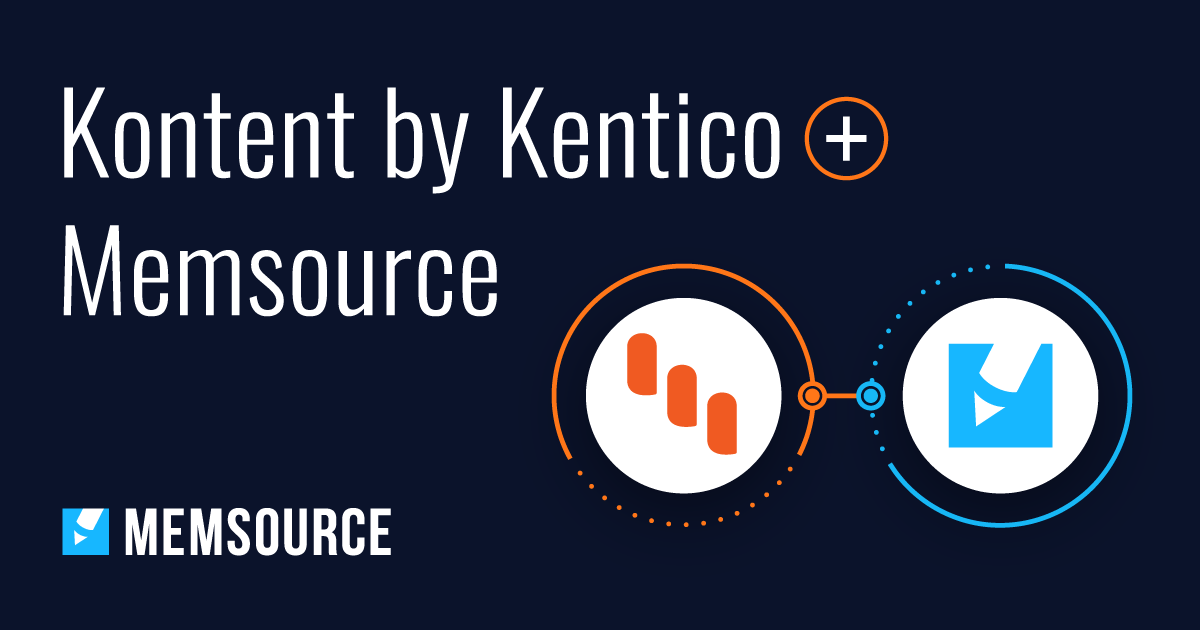
Blog
Machine Translation Report
What is the optimal MT Engine for you? Find out in the latest MT Report by Memsource.

Last fall, translation and localization students from all over the world participated in a Memsource contest to portray an English translation of a joke in their native tongue. We interviewed three of the winners and they offered some interesting insights into their translation student lives and their views about current trends in the market.
Elizabeth Nowicki
Elizabeth is from Chicago, Illinois and is majoring in Linguistics and East Asian Languages & Cultures at the University of Illinois at Urbana-Champaign. She’s a native speaker of English and Polish and has also studied Japanese since high school. Elizabeth is currently working on a Translation Certificate and is fascinated by the fluidity of language.
What’s the biggest translation challenge that you have faced so far?
I find literary translation to be very hard. It’s difficult to make a story flow without being a writer. You have to maintain the story line and make sure everything makes sense. You also have to make sure not to give too much away – foreshadowing is really hard to translate. You have to know what’s going to happen in order to make it sound correct and appealing in the target language, but you mustn’t give it away. And the most difficult part is revision – it’s very time consuming and can feel endless. In some cases, it can take longer than the actual translation!
Do you think technology will replace translators or it will help them become more effective in their work?
In my opinion, technology will never replace translators because languages are very fluid and are constantly changing. Technology can’t update as fast as humans, but I believe it’s extremely helpful. I’ve been using several translation softwares, including Memsource, and it’s very useful to have a baseline starting point, such as a termbase. It definitely helps having that guidance and makes future projects go a lot faster.
Do universities in the United States prepare translation students well for their careers?
Every university is different, but in general, I feel they could do better. For example, in our studies we tend to focus on English, because everybody translates into it, but we can’t consult anyone about the meaning in the source language. On the other hand, we get excellent training in CAT or subtitling tools. Overall, I feel that the technical teaching is good, but there is less focus on language practice. I find programs that focus more on your specific language pair more useful.
Soykan Ataman
Soykan is a senior translation student at Trakya University in Turkey, and he works for gaming companies as a freelancer. Aside from game localization, he is passionate about translation technology and subtitling. Soykan is an active member of the Trakya University Translation Students Community and his main goal is to produce game localizations that have the same feeling as the original language.
Do you think technology will replace translators or it will help them become more effective in their work?
It’s kind of a love-hate relationship. Most of the old-school translators in my country hate translation technology and machine translation because they are afraid of becoming unemployed. But I think it’s an opportunity to be seized. With the help of advanced technology such as the cloud or Artificial Intelligence learning, translators are getting better results day by day. I think we should focus on how to use these translation tools effectively.
What’s it like leading a CAT tool course in your university student club?
Together with a friend, I provide an introductory course to Memsource. We explain how to create termbases and translation memories and we also teach how to translate in Memsource’s CAT tool. Many students who don’t join a university club like ours can struggle when they enter the industry. Finding an internship or an adequately paid job can be difficult since employers don’t want to waste time or resources to train you in CAT tools.
What are some of the challenges with video game localization?
Currently, I work as a subtitler and translator for a video game company. I think that the character limitation is the main challenge when localizing video games. You have to fit your translation into a designated area, which is often quite difficult. On top of that, a lot of games have many specific items that need to be translated and well enough so that the players don’t feel like it’s a translation.
Charlotte Busch
Charlotte is a second-year student of Spanish and English from the Netherlands. She hasn’t yet chosen her specialization but she’s already excited at the prospect of localizing for gaming companies. During the next academic year, Charlotte will travel abroad for a 5-month internship that she believes will be a challenging but valuable experience for her translation future.
Do you think technology will replace translators or it will help them become more effective in their work?
I think technology will continue to evolve at a rapid pace, and eventually it will be able to understand and apply complex grammar. This doesn’t mean that translation technology is necessarily a bad thing for translators. Certain programs, like Memsource, can be an asset and help lift the workload. In areas such as law and medicine, a living and breathing translator will still be essential because accurate translations are absolutely crucial in those fields. In the case of literature, I don’t see any chance of translation technology ever replacing translators, because there are certain feelings in the original text you have to convey to the reader in your translation that technology cannot express.
Do you think it’s important to stay up to date with industry trends?
I don’t think you always need to immediately adapt to new trends, but I do think it’s important to pay close attention to them, especially those that can make your job a little easier for you. Also, clients may ask you to use a new kind of technology and you really want to know what they are talking about about if they do so.
What do you think you will choose for a specialization?
Before I can pick my specialization, I’ll have a mandatory internship abroad during the first 5 months of my third year. This is, without a doubt, going to be biggest challenge yet, but it’ll definitely be worth the experience. Nevertheless, I’m already leaning towards game localization. I’m an avid gamer myself, so it would be amazing if I could combine this hobby with translating. I like to play all kinds of games, but I enjoy action-adventure, (J)RPGs, and open-world games the best. I have yet to localize my first game, but I’ll be doing my first localizing assignment very soon, so I’m very excited for that.
Professors - would you like to give your translation students a head start in their careers? Contact Filip to set up a Free Academic Edition for your university!
Translation students - would you like to share your thoughts about the translation industry with us too? Get in touch now!





